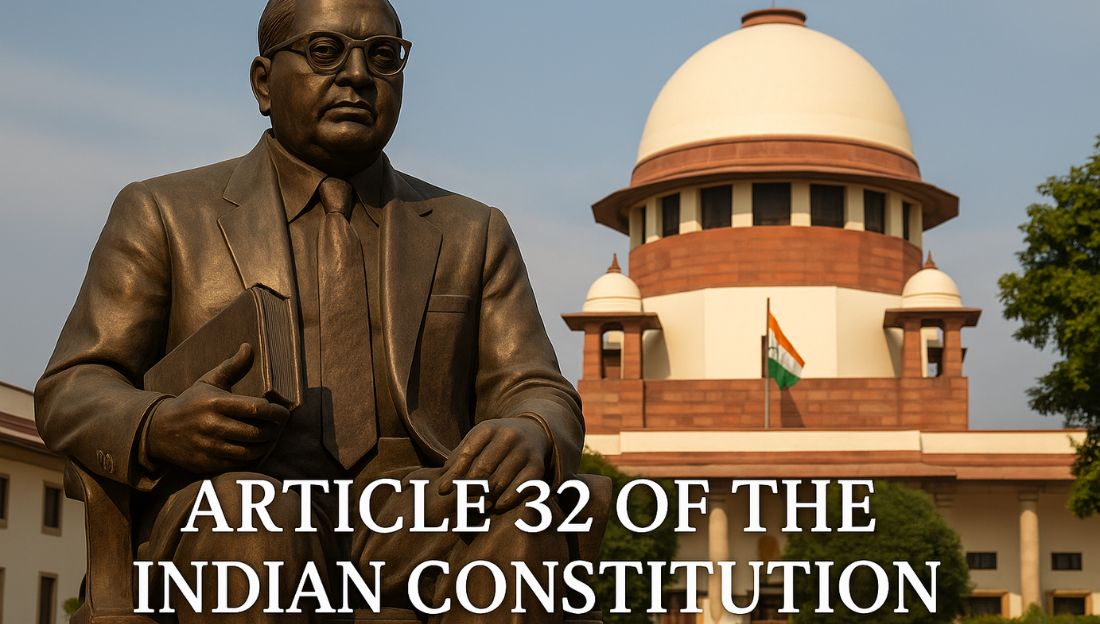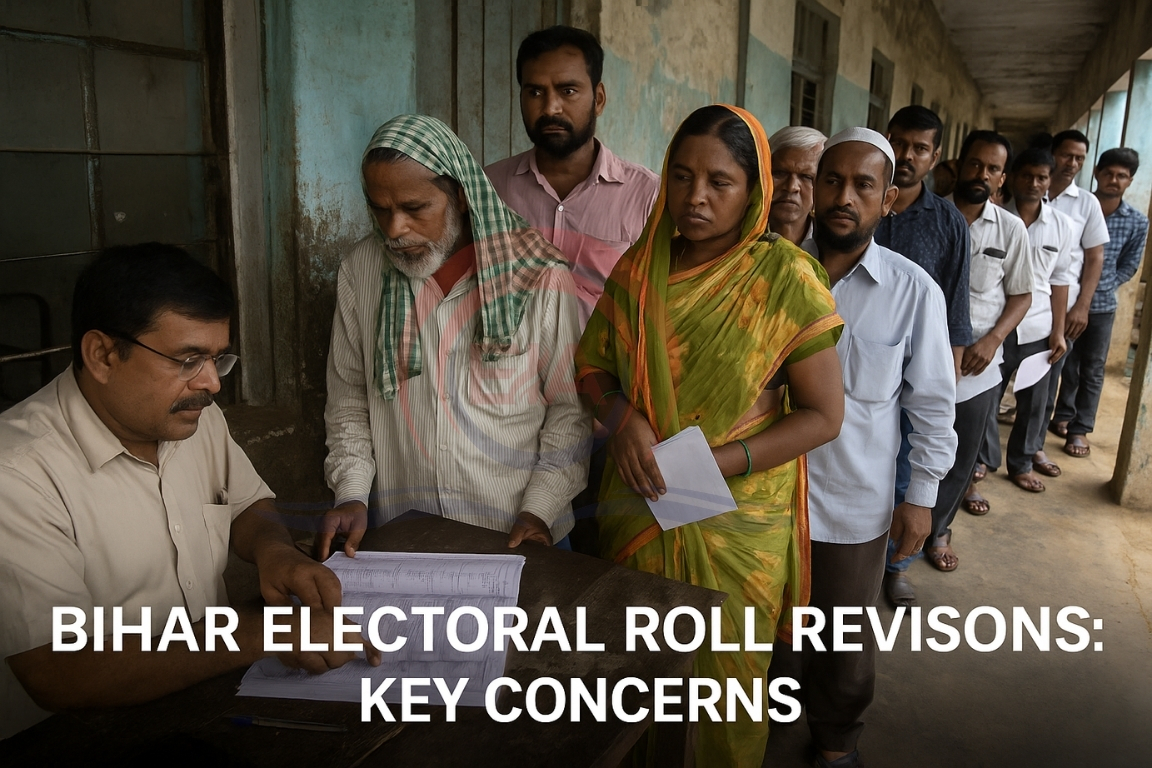Recent data from 2022 shows that nearly 50% of juveniles apprehended in India were accused of violent crimes, raising concerns about the growing trend of serious offences committed by minors. The issue has gained national attention following several high-profile incidents.

Brief Context of the Issue
- A British web series Adolescence recently revived discussions on youth violence and online influence, resonating globally, including in India.
- Cases of young boys involved in murder, assault, and sexual offences have highlighted deeper social and behavioural concerns.
Rising Juvenile Involvement in Violent Crimes
- Definition of Violent Crimes: Includes serious acts such as murder, rape, assault, robbery, arson, and dacoity.
- Excludes: Non-violent crimes like theft, cheating, rash driving, and public misconduct.
- National Trends: Though total juvenile cases dropped from 37,402 in 2017 to 33,261 in 2022,
the share of violent crimes rose from 32.5% to 49.5% in the same period. This means every second juvenile apprehended in 2022 was involved in a violent offence.
State-Wise Trends
- Highest Cases (2017–2022):
- Madhya Pradesh: 21.8% of all violent juvenile crimes.
- Maharashtra: 18%.
- Rajasthan (9.6%), Chhattisgarh (8.4%), and Tamil Nadu (5.8%) follow.
- Delhi’s Notable Share:
- Despite its smaller size, Delhi accounts for 6.8%, possibly due to better case reporting.
- Proportion-wise Hotspots:
- Jharkhand: Highest percentage of violent crimes among juvenile offences (67%).
- Over 60% in Tripura, West Bengal, Chhattisgarh, and Madhya Pradesh.
Regional Patterns
- Central and eastern States have emerged as violence-prone zones for juvenile crimes.
- Odisha stands out in the region with only 10% of juvenile crimes being violent.
Conclusion
The increasing involvement of minors in violent offences is a serious concern, demanding urgent social, psychological, and legal attention. A mix of awareness, counselling, better policing, and community engagement is vital to reverse this trend.





